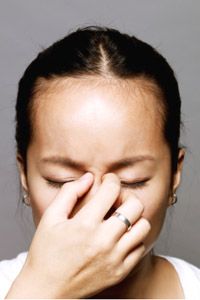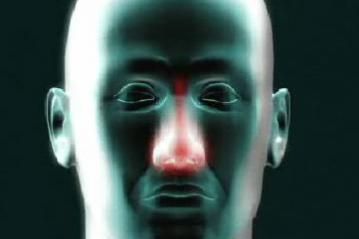An allergy is your body's immune system acting to fight off something it mistakenly believes is harmful to your body. Allergies to alcohol are pretty uncommon. Most of the time people either have alcohol intolerance (a condition in which their bodies cannot break down alcohol) or a food allergy to one of the ingredients in the alcoholic beverage. For example, you might be allergic to wheat, yeast, grapes, corn, histamine, sulfites or artificial colors or flavorings found in the beverage you consumes and not to the alcohol itself.
Some people believe that flushing (when your face turns red) is a symptom of alcohol allergy but it's actually a symptom of alcohol intolerance. Symptoms of alcohol allergy include stomach cramps, difficulty breathing and severe rashes. Alcohol allergy can trigger urticaria (hives) and can worsen symptoms if you already have hives. In severe cases, drinking alcohol can cause anaphylaxis, a life-threatening condition. Symptoms of anaphylaxis include skin reactions, rapid pulse, nausea, vomiting, diarrhea, trouble breathing, lightheadedness and loss of consciousness. You should get to an emergency room immediately if you begin to experience these symptoms, as anaphylaxis can be life threatening. An alcohol allergy can also increase your likelihood of an anaphylactic response to other triggers, such as food allergens.
Advertisement
See a physician to get tested for an alcohol or food allergy or intolerance. If you are allergic to or intolerant of alcohol you will have to avoid it entirely. This means paying careful attention to food ingredients, since products like marinades, tomato purees and some medications may contain alcohol. If you are prone to severe allergic reactions, your doctor will probably give you epinephrine to inject yourself with in case you begin experiencing symptoms. This can prevent a lethal reaction. You should also wear a medic alert bracelet and alert your family, friends and coworkers just in case you have a reaction in the future.
Advertisement

